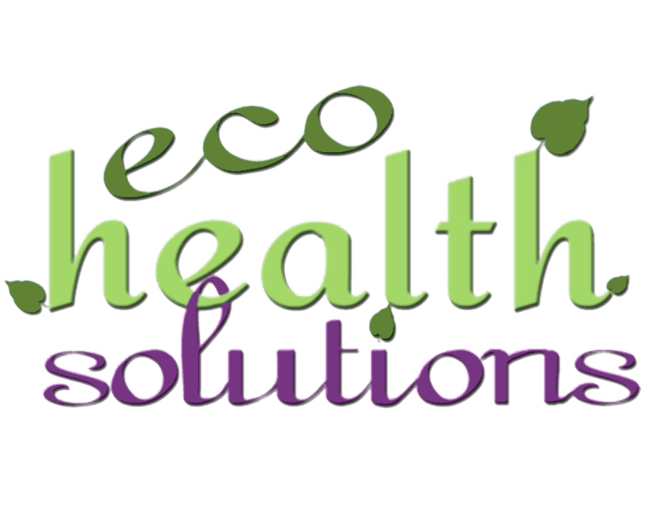Sleep: Why Is it So Important?
Do you struggle to get a good night’s sleep?
Many people do these days, and this can have a bigger impact that just feeling sleepy all day, or perhaps being on the caffeine-cycle. Ironically, according to apps on our devices, there is an “insomnia epidemic.”
When you are tired, you don’t function so well – your mood is off, your tolerance levels are down, you are easily agitated or stressed. As well, over time, this can deplete you and your immunity is also affected.
Why is Sleep so Important?
Sleep is incredibly important as it is the time that we heal and recover from our day – in preparation for the next day. Sleep is when we detoxify, when we create melatonin (a hormone which has an antioxidant effect) and when we rest.
It is one of the most important physiological functions we do, in my opinion.
What Affects Sleep?
There are many factors that can impact sleep. Some of these are:
- Stress
- Eating too late
- Caffeine
- Conversation
- Poor sleep hygiene
- Environmental stressors

Did You Know…?
Did you know that if you use your device for two hours in the evening that it affects the quality of your sleep; melatonin production; your mood, attention and accuracy the following day?
Research links this to the short-wave light emitted from the LED lights inside our devices (Green, et al, 2017). I wonder if there is more to it, and the use of these devices on wi-fi or 3G/4G/5G is also playing a role.
What Can I Do to Improve My Sleep?
I am going to focus purely on environmental stressors here…
1) Promote melatonin production – ensure your bedroom is dark. If this isn’t possible, it would be worth using an eye shade.
2) Reduce the radio frequency electromagnetic energy (RF EME) – turn off your mobile phone and wi-fi router
3) Reduce indoor air contaminants – remove scented reeds and candles from your bedroom
4) Minimise exposure to allergens – use a silk pillowcase to reduce issues with house dust mites (HDM)
5) Reduce your exposure to biotoxins – address any mould in your home
Still Concerned?
References
Green, A, Cohen-Zion, M, Haim, A & Dagan, Y (2017) Evening Light Exposure to Computer Screens Disrupts Human Sleep, Biological Rhythms and Attention Abilities Chronobiology International (Online) Available at https://doi.org/10.1080/07420528.2017.1324878 (May 2017)
#sleep #indoorenvironmentalhealth #environmentalstressors

